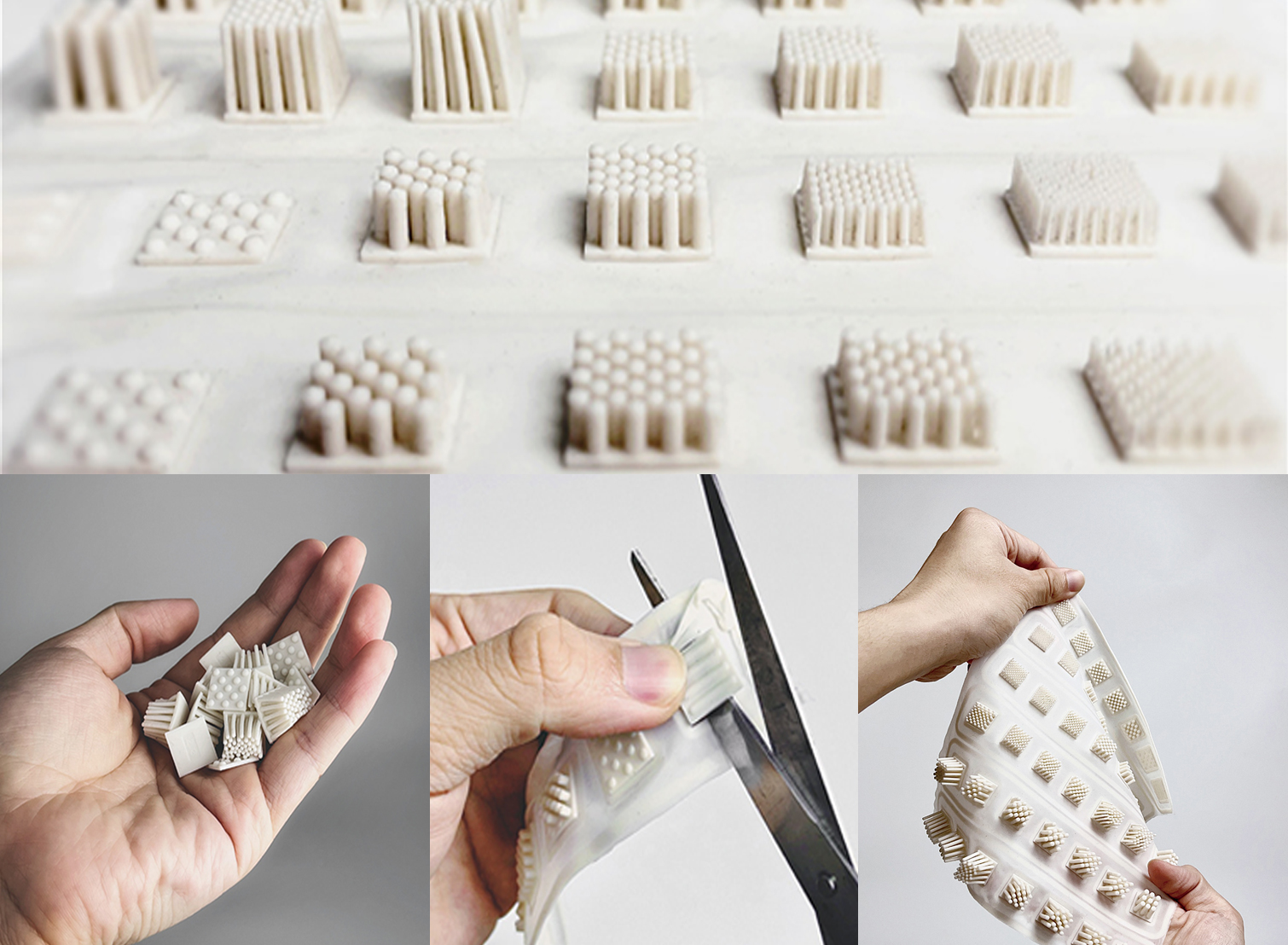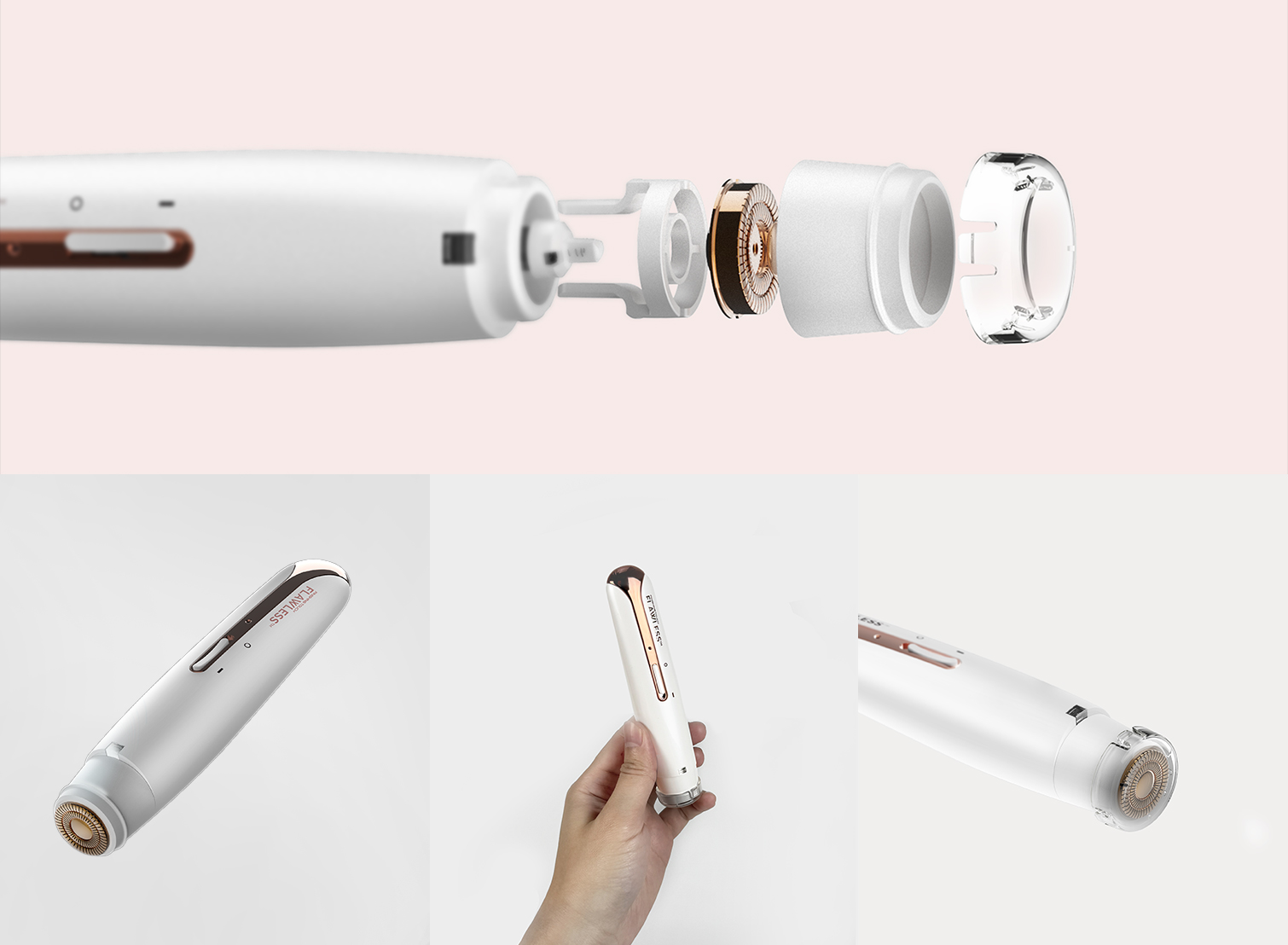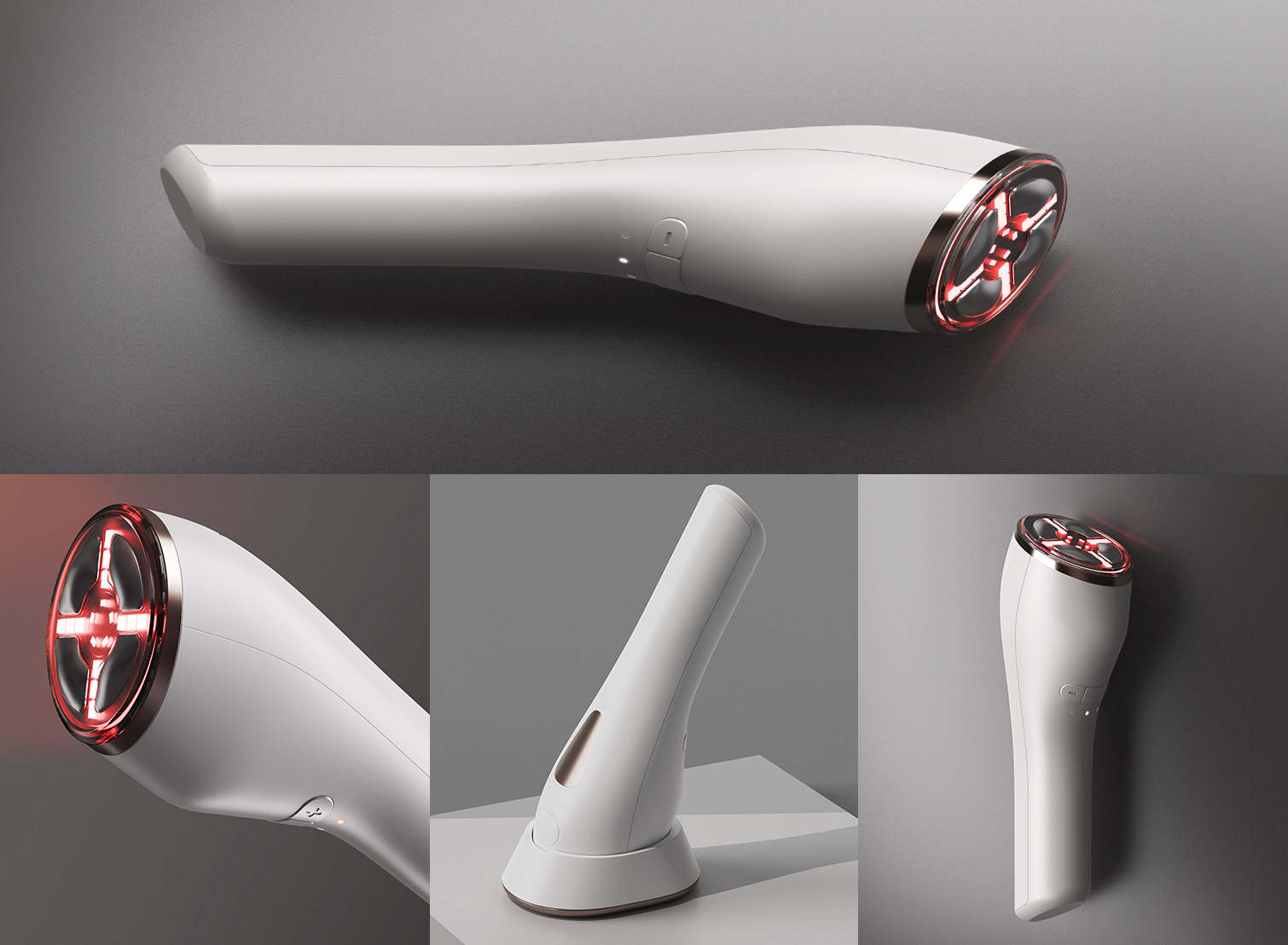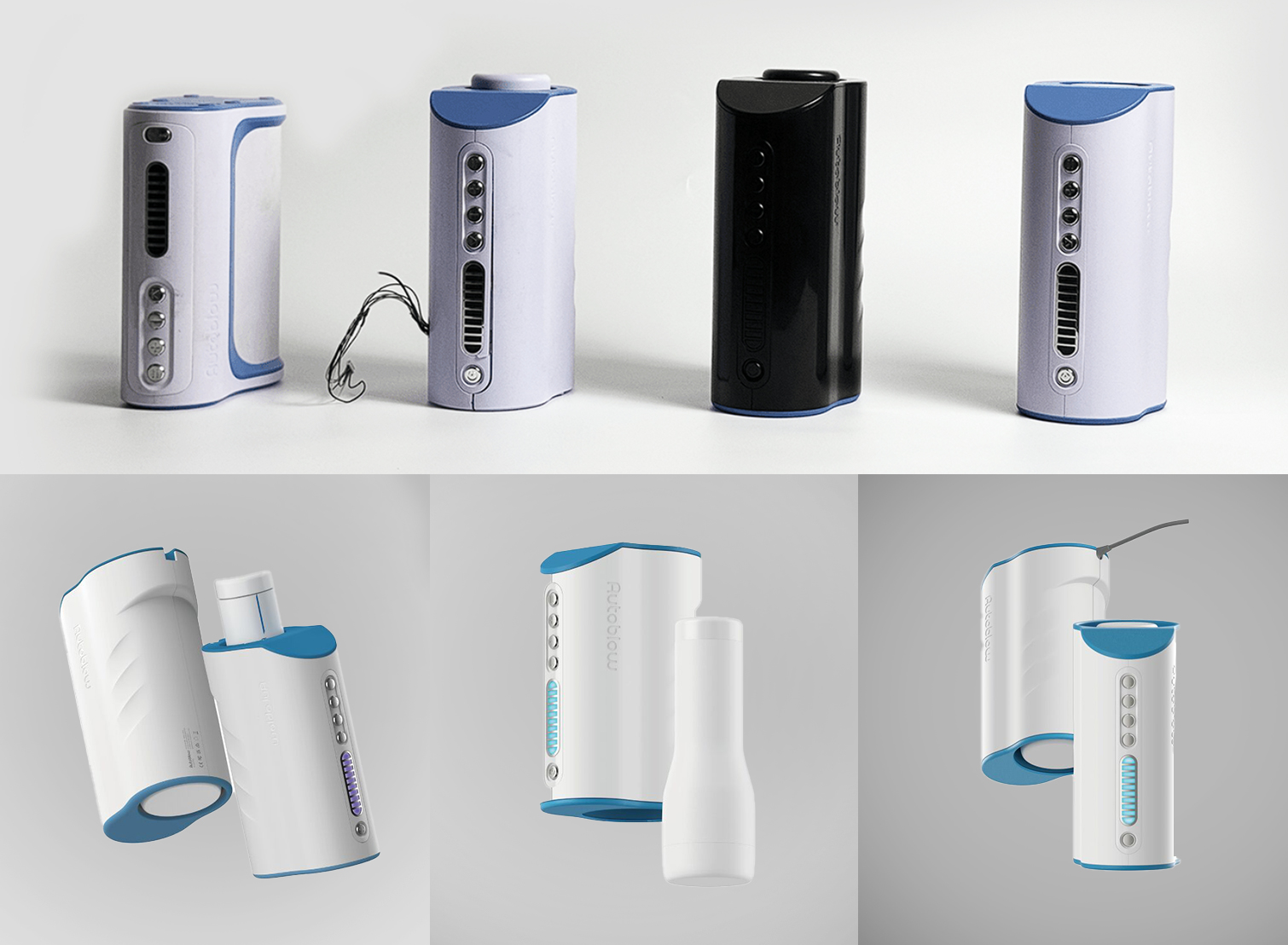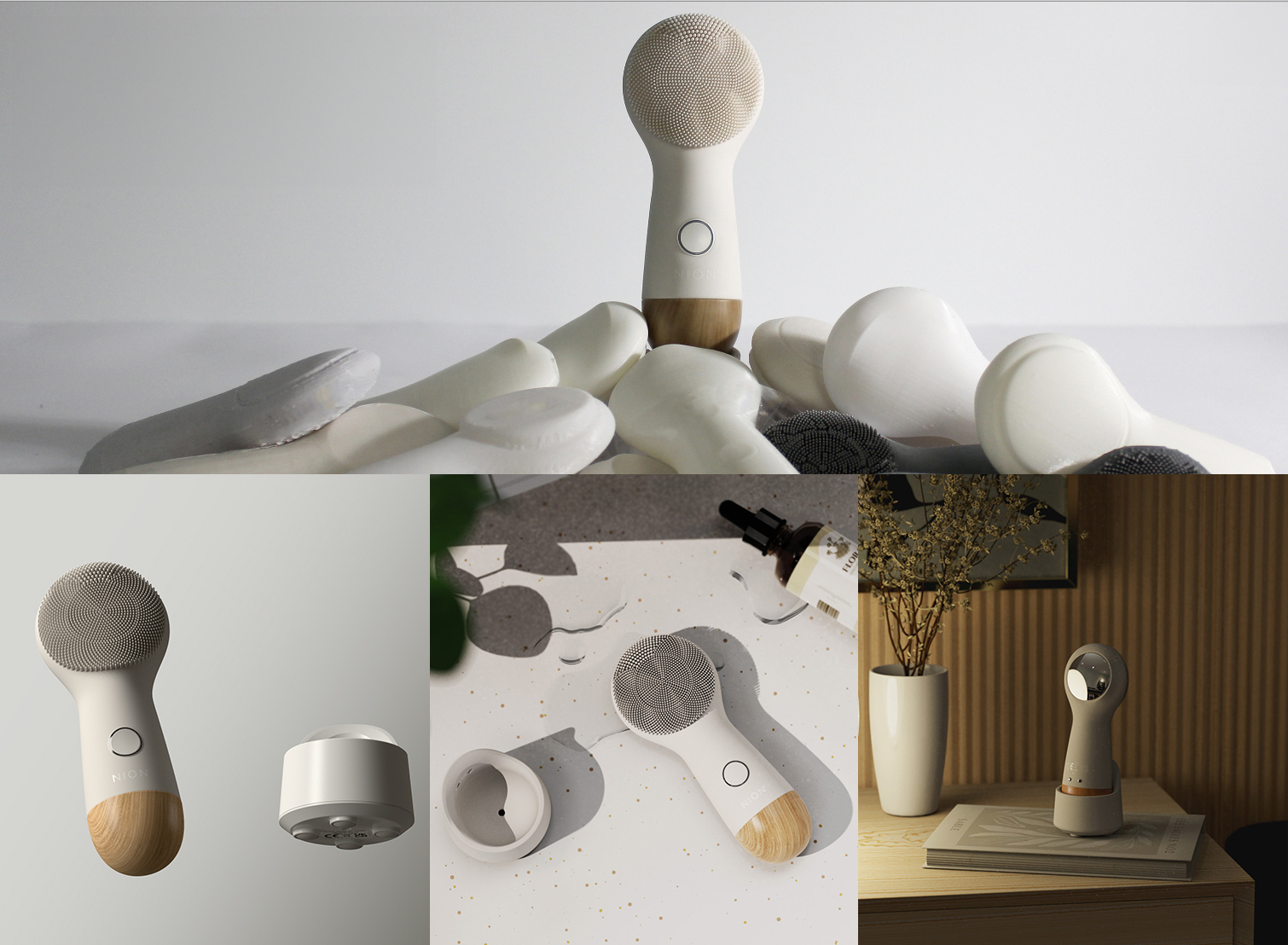Manufacturing a product in Boston starts with understanding the resources and steps involved. Boston offers access to skilled manufacturers, prototyping services, and a network of industry experts, making it an ideal city to turn your product idea into reality. This guide breaks down the essential steps: finding the right manufacturer, protecting your intellectual property, and optimizing the process for efficiency. Whether you’re new to manufacturing or looking to scale, this straightforward approach will help you navigate the process effectively.
What Are the Basics of Product Manufacturing?
Product manufacturing is the process of transforming raw materials into finished goods through various methods, including design, prototyping, and production. It involves a series of steps to ensure the product meets quality standards, functional requirements, and market demand.
The Importance of Feasibility Studies for Boston-Based Creators
Before jumping right into manufacturing, conducting a feasibility study is crucial for evaluating the practicality of your product idea. For Boston-based creators, this includes analyzing costs, production timelines, and local resources. A feasibility study helps identify potential challenges early, ensuring a smoother manufacturing process and reducing the risk of costly mistakes.
Local or Offshore Manufacturing?
For Boston creators, the decision between local and offshore manufacturing depends on factors like cost, speed, and quality:
- Benefits of Local Manufacturing:
- Proximity: Direct access to manufacturers allows easier communication and quicker adjustments.
- Support for Local Economy: Partnering with Boston-based manufacturers strengthens local businesses.
- Reduced Shipping Times: Local production minimizes lead times and delivery delays.
- Advantages of Offshore Manufacturing:
- Cost Efficiency: Manufacturing in places like China can significantly lower production costs due to economies of scale.
- Global Expertise: Many offshore manufacturers specialize in specific product types, offering high-quality results.
- Access to Advanced Technology: Offshore locations often provide cutting-edge production techniques unavailable locally.
Should You Consider a Hybrid Approach?
Many Boston-based businesses successfully combine local and offshore resources. For instance, prototyping can be done locally to fine-tune designs, while large-scale production is outsourced offshore to save costs. This strategy ensures quality control while taking advantage of Boston’s resources and global manufacturing efficiency.
Clarify Your Product Idea
Start by making sure you have a clear idea of what your product is and what it’s meant to do. Ask yourself: What problem does it solve? Who is it for? What features make it unique? Knowing the answers to these questions will help guide your decisions and make it easier to explain your idea to manufacturers.
Create a Detailed Product Design
A strong product design is key to successful manufacturing. This means:
- Sketches and Drawings: Show what your product will look like from all sides.
- Specific Details: Include measurements, materials, and how it should work.
- Prototyping Plans: Have a plan for testing your product to make sure it works as intended.
Having these details sorted out can save time and reduce mistakes during manufacturing.
Prototyping Tools in Boston
Boston has plenty of places to help turn your ideas into a working model:
- Makerspaces: Places like Artisan’s Asylum have tools and workshops for building prototypes.
- Innovation Labs: Universities like MIT and Boston University offer access to equipment and experts.
- Local Help: Boston has lots of skilled designers and engineers who can help with things like 3D modeling or solving design challenges.
Using these resources can help you fine-tune your product idea and make sure it’s ready for manufacturing, whether you choose to make it locally or overseas.
Researching Local and International Manufacturers

To bring your product to life, start by identifying the right manufacturing partner, whether in Boston or overseas. Here’s how:
- Use online directories like ThomasNet to discover local manufacturers or platforms like Alibaba for global options.
- Explore resources from the Boston Chamber of Commerce or regional trade groups for lists of nearby manufacturers.
- For international options, trusted hubs like China offer cost-effective and scalable manufacturing solutions.
Connecting Through Trade Shows and Networking Events
Boston hosts several trade shows and networking events where you can meet local manufacturers face-to-face. For international manufacturing, events like the Canton Fair in China are excellent opportunities to connect with experienced global producers. Whether at home or abroad, trade shows and expos are invaluable for building relationships and exploring options.
Factors to Consider When Choosing a Manufacturer
Selecting the right manufacturer is crucial for your product’s success. Keep these factors in mind:
- Reputation: Research reviews, testimonials, and past clients to ensure reliability and professionalism.
- Capabilities: Verify that the manufacturer has the expertise and capacity to meet your product’s material, process, and volume requirements.
- Cost Efficiency: While local manufacturers may reduce shipping expenses, overseas options often offer lower production costs.
- Communication: A manufacturer’s responsiveness and ability to provide clear updates are critical, especially when collaborating across time zones.
- Logistics: Local manufacturing simplifies quality checks and shortens shipping times, while international partners are often better suited for large-scale production.
By exploring both Boston-based manufacturers and overseas partners, you can strike the perfect balance between quality, cost, and convenience to meet your product’s unique needs.
Preparing for Manufacturing
Preparing for manufacturing requires thoughtful planning and precision. The first step is to create a Bill of Materials (BOM)—a detailed list of all the components, materials, and parts needed to produce your product. Along with the BOM, prepare clear product specifications, such as dimensions, materials, and assembly instructions. These documents are vital for manufacturers to provide accurate cost estimates and ensure your product meets your quality standards.
Prototyping and testing are also crucial before moving to full-scale production. A prototype allows you to visualize your product, pinpoint design flaws, and make necessary adjustments. Testing confirms that your product meets performance and quality expectations, reducing the risks of errors during mass production. This step-by-step refinement process ensures your product is market-ready.
For Boston-based innovators, local resources can be a game-changer. Collaborating with product engineers or consultants helps optimize your design for production efficiency. Innovation hubs like Greentown Labs and Artisan’s Asylum offer access to advanced tools, equipment, and expertise to fine-tune your product and ensure it meets industry standards.
If you’re considering offshore manufacturing, Gizmospring can be the right partner for scaling your production. We specialize in large-scale mass production and were recognized with the 2024 Red Dot Award for excellence in product design for health and wellness devices. With our expertise, you can confidently bring your product to market while maintaining top-notch quality.
To see how we’ve successfully helped other businesses, visit our Case Studies and learn how Gizmospring can support your manufacturing journey.
Protecting Your Intellectual Property

Protecting your intellectual property (IP) is a crucial part of the manufacturing process to ensure your ideas and designs remain secure. Patents and trademarks are essential tools to legally safeguard your product and brand. A patent protects your invention by granting you exclusive rights to its design or function, while trademarks secure your brand’s name, logo, or other unique identifiers from being copied.
Boston offers a variety of resources to help you navigate IP protection. Many local legal firms specialize in intellectual property law, such as those affiliated with the Boston Bar Association. These firms can guide you through the process of filing patents and trademarks and ensure your applications meet legal requirements. Universities and innovation hubs in Boston also often host workshops or provide connections to IP experts.
When working with manufacturers, securing non-disclosure agreements (NDAs) is another critical step. NDAs legally bind manufacturers to keep your designs and ideas confidential, reducing the risk of intellectual property theft. Always consult with an attorney to draft clear and enforceable agreements that protect your interests during the production process, whether you’re working with manufacturers in Boston or abroad.
Navigating Boston’s Manufacturing Ecosystem
Boston offers a vibrant manufacturing ecosystem for turning your product ideas into reality, with options to produce locally or offshore. The city boasts industrial hubs like the Boston Marine Industrial Park and the Innovation and Design Building, home to skilled manufacturers and advanced facilities.
Boston excels in industries like biotech, robotics, and consumer goods. For instance, a biotech prototype might thrive in Kendall Square, while consumer goods businesses often leverage Boston’s focus on quality and sustainability to target niche markets.
While local manufacturing is convenient, offshore production, especially in China, can still be a smart choice for scaling. Even with the potential tariffs that may be implemented in 2025, China’s advanced manufacturing infrastructure, cost-efficiency, and ability to handle high-volume production remain significant advantages. By prototyping locally and transitioning to offshore manufacturing, you can balance quality assurance with cost savings.
Boston’s innovation hubs, like MassChallenge and Greentown Labs, can help you navigate these options. They provide access to local manufacturing resources and assist in assessing whether offshore production aligns with your goals.
To understand how these factors—including the potential 2025 tariffs—might impact your manufacturing decisions, check out How Proposed 2025 Tariffs Could Reshape Global Manufacturing—And Why China Remains a Strategic Choice.
Managing the Production Process

Managing the production process requires clear communication, attention to detail, and proactive oversight. Start by establishing a strong line of communication with your manufacturer. Regular updates and scheduled check-ins can help you stay informed about production timelines and address any issues early. Clear documentation, including production schedules and expectations, ensures that both parties are aligned.
Quality checks and inspections are critical to maintaining high standards. Request pre-production samples to review and approve before mass production begins. During the production process, periodic inspections can help identify and resolve potential issues before they escalate. For added assurance, you may consider hiring a third-party inspector to verify product quality.
Budgeting is essential for keeping production on track without unnecessary financial strain. Break down your production costs into categories such as materials, labor, overhead, and contingencies for unexpected expenses. If you’re working with Boston-based manufacturers, be mindful of the potentially higher labor costs and plan accordingly. This approach will help you allocate resources effectively and avoid budget overruns.
A well-managed production process ensures that your product meets quality expectations, stays on schedule, and aligns with your budget.
Scaling Your Production
Scaling your production is a critical milestone in growing your business. Deciding when to transition from small-scale to large-scale manufacturing depends on consistent demand and financial readiness. Monitor sales trends and customer feedback to ensure that your product has a stable and growing market before making the leap. Small-scale manufacturing is ideal for testing and refining, but large-scale production offers cost efficiencies that can boost profitability.
Exploring partnerships with distributors or retailers in Boston can help you expand your reach locally. Attend trade shows, networking events, or connect with local business associations to identify potential partners. Collaborating with retailers or distributors familiar with the Boston market can help your product gain visibility and credibility.
For those looking to distribute internationally, take advantage of export resources available in Boston. Organizations like the Massachusetts Export Center offer guidance, training, and connections to help you navigate global markets. Additionally, understanding import-export regulations and preparing your product for overseas shipping are essential for successful international distribution.
Scaling production not only requires operational readiness but also strategic partnerships that align with your growth goals, whether local or international.
Building Success in Product Manufacturing
Manufacturing your product in Boston—or even offshore—requires strategic planning and utilizing the right resources. By breaking down the steps from concept to production, you can ensure a smoother process and better outcomes. Boston’s robust manufacturing ecosystem, coupled with the advantages of offshore options, provides flexibility and opportunities for creators at any stage.
Whether it’s connecting with local experts, utilizing makerspaces, or exploring international manufacturers to scale efficiently, the choices you make can significantly impact your product’s success. Boston’s resources and innovation hubs offer unmatched support, but don’t overlook the cost efficiencies and global expertise available abroad.
Ready to bring your product to life? Contact us today to discuss how we can help turn your idea into a market-ready product.
Frequently Asked Questions (FAQ)
What are the benefits of manufacturing my product in Boston?
Manufacturing in Boston offers proximity to skilled manufacturers, access to innovation hubs, and reduced shipping times. The city’s ecosystem supports industries like biotech, robotics, and consumer goods. Local resources, such as makerspaces and product engineers, make it easier to prototype and refine designs, ensuring high-quality production with the added convenience of direct communication.
Should I consider offshore manufacturing instead of staying local?
Offshore manufacturing can reduce costs and provide access to advanced production technologies. Countries like China specialize in large-scale manufacturing with competitive pricing. A hybrid approach—prototyping locally and scaling offshore—can balance quality control and cost efficiency. Evaluate your product’s needs, market demand, and timelines before choosing.
What steps should I take to prepare for manufacturing?
Start by creating a Bill of Materials (BOM) and detailed product specifications. Prototyping and testing are essential to identify and fix design flaws. Collaborate with product engineers or use innovation labs to optimize your design for production. Proper preparation ensures smoother production, reduced risks, and better outcomes.
How can I protect my intellectual property when working with manufacturers?
Secure patents and trademarks to safeguard your product and brand legally. Use NDAs to ensure manufacturers keep your designs confidential. Boston offers legal resources like the Boston Bar Association and IP experts to guide you. Always consult a lawyer to draft agreements and file patents accurately.
When should I scale from small-scale to large-scale manufacturing?
Scale production when you have consistent demand and financial readiness. Monitor sales trends and customer feedback to confirm market stability. Large-scale manufacturing reduces per-unit costs, improving profitability. Leverage partnerships with Boston-based distributors or international export resources to expand efficiently.


